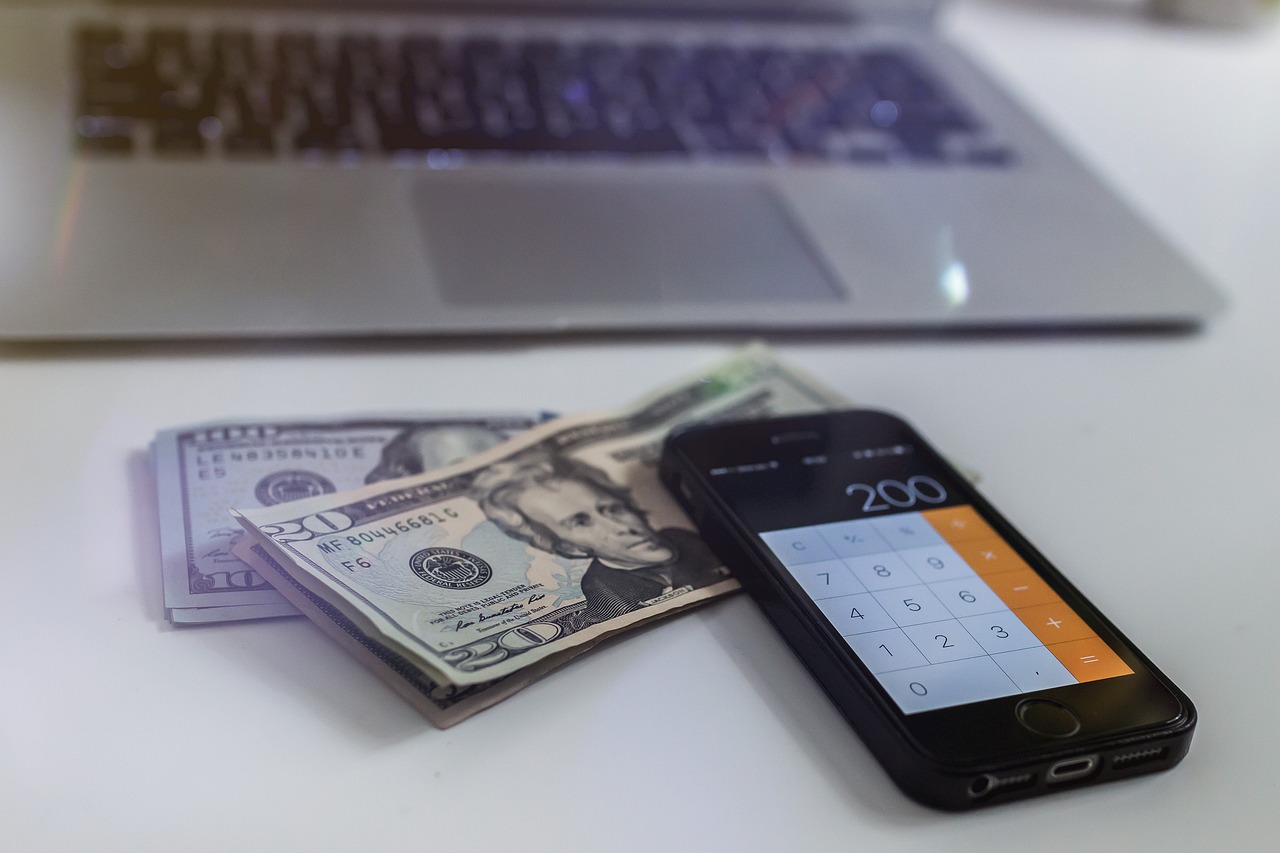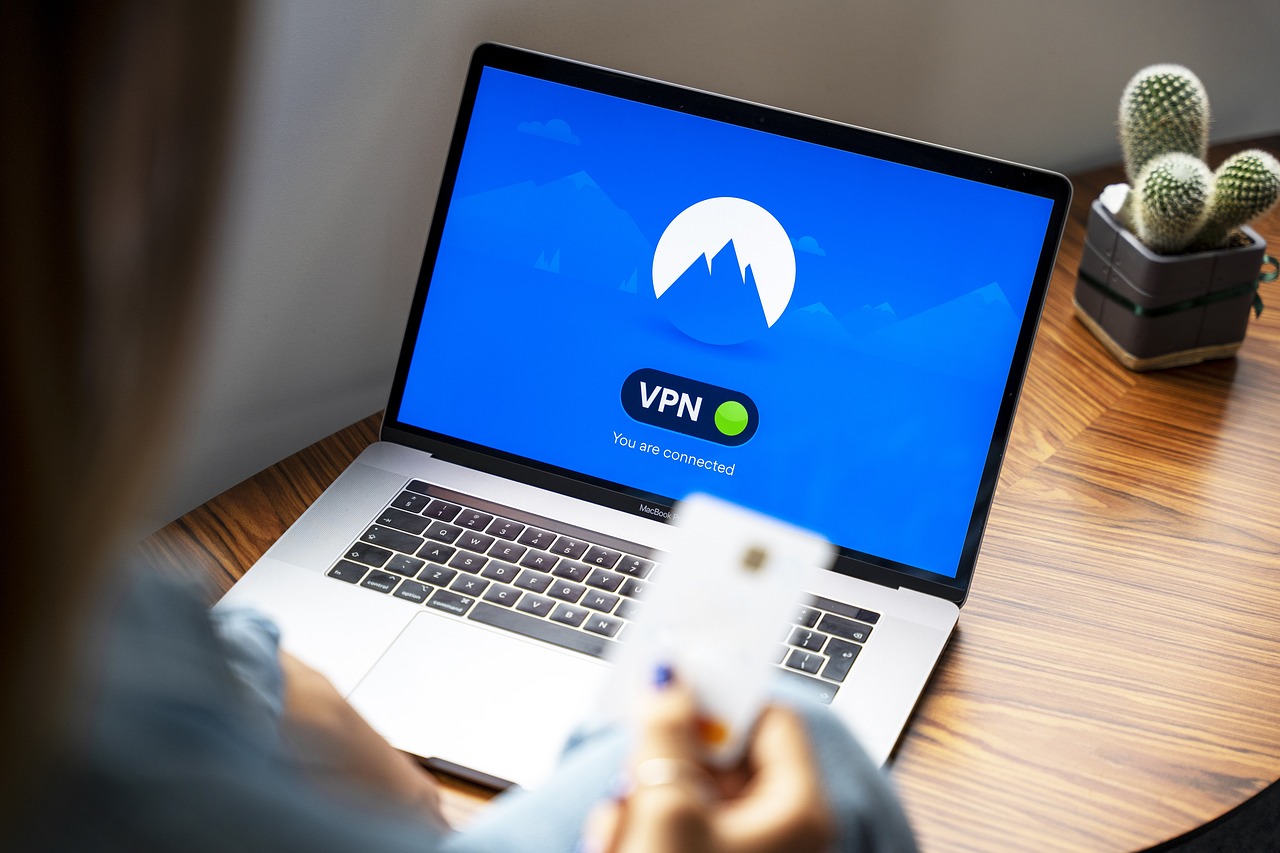
Taking Control of Your Financial Future
By: Marina Lima (marinalima@mabviral.com)
Introduction
In today’s fast-paced world, maintaining personal finances can be overwhelming, especially with rising inflation and sky-high credit card interest rates. Whether you’re looking to pay off debt, save for a future goal, or simply improve your financial health, creating an effective personal budget is essential. Understanding how to budget can be your first step toward financial stability and long-term success. This article explores how to create a personal budget that works, offering you tools and strategies to manage your money wisely.
A Journey Toward Financial Clarity
Consider the story of Maria, a recent college graduate. Eager to embark on her career, Maria soon found herself tangled in a web of financial confusion. She had student loans looming over her and a few credit cards she used to enjoy nights out with friends. As time went on, she noticed that her monthly expenses were often higher than her income — a situation that left her stressed and searching for solutions. The high-interest rates on her credit card debt compounded her worries, leaving her with little to show at the end of each month.
Determined to take control, Maria decided to educate herself about effective budgeting. She dove into financial blogs, attended seminars, and consulted personal finance experts. Along the way, she discovered actionable strategies that would change her financial trajectory. With her newfound knowledge, Maria implemented a budgeting system that allowed her to see where her money was going, paving the way for better financial decisions and ultimately, a more secure future.
Tips for Creating a Personal Budget That Works
- Understand Your Income and Expenses:
- Start by calculating your total monthly income. Include all sources of income—salary, bonuses, and any side hustles. Next, track your expenses for at least a month to understand your spending habits. Record fixed costs (like rent and utilities) and variable costs (like groceries and entertainment). This step is crucial in identifying areas where you can cut back.
- Categorize Expenses:
- Group your expenses into categories: essential needs (housing, food, transportation) and discretionary spending (dining out, shopping). By differentiating between these categories, you can prioritize essential expenses and limit discretionary spending, especially during periods of high inflation.
- Set Clear Financial Goals:
- Establish short-term and long-term financial goals, whether it’s saving for an emergency fund, paying off credit card debt, or planning for retirement. Having clear objectives will motivate you to stick to your budget. Maria aimed to eliminate her credit card debt within a year, focusing her financial decisions around that target.
- Choose a Budgeting Method:
- There are various budgeting methods you can choose from, such as the 50/30/20 rule (50% needs, 30% wants, 20% savings) or zero-based budgeting (every dollar has a job). Experiment with different methods to find the one that feels most comfortable and effective for you.
- Monitor Your Spending:
- Utilize budgeting apps or spreadsheets to keep track of your expenses. Monitoring your spending regularly helps you stay accountable and make necessary adjustments. Maria found using a mobile app helpful for real-time tracking, allowing her to avoid high-interest credit card charges.
- Limit Credit Card Use:
- High-interest credit cards can quickly derail your financial progress. Try to minimize their use or pay off the balance in full each month. Consider using cash or a debit card to control spending. If you have existing credit card debt, establish a repayment plan that prioritizes the card with the highest interest rate.
- Create an Emergency Fund:
- Aim to save at least three to six months’ worth of living expenses in an emergency fund. This reserve can provide a financial buffer during unexpected scenarios, such as job loss or medical emergencies. By keeping this separate from your everyday spending money, you can avoid relying on credit cards in times of need.
- Review and Adjust Regularly:
- Your budget isn’t set in stone. Review it monthly and make adjustments based on changes in income, expenses, or financial goals. By adapting your budget as necessary, you remain in control, even as circumstances evolve.
- Seek Financial Education:
- Investing in financial literacy can pay dividends in your budgeting journey. Attend workshops, read books, or participate in online courses to enhance your understanding of personal finance. Maria frequently attended local seminars on budgeting and investing, which helped her refine her skills.
- Stay Disciplined and Patient:
- Building a successful budgeting habit takes time. Be patient with yourself and focus on progress, not perfection. Some months may go better than others, especially with fluctuating costs due to inflation. The key is to stay disciplined and committed to your financial goals.
Common Doubts About Personal Budgeting
- How do I deal with unexpected expenses?
- Unexpected expenses can be managed by having an emergency fund. If that’s not possible yet, consider re-adjusting your budget temporarily by cutting discretionary spending.
- What if my income fluctuates?
- If you have a variable income, base your budget on your average monthly earnings. This way, you can plan for leaner months while still adhering to your spending limits.
- Is budgeting too restrictive?
- Some people see budgeting as a constraint, but it can actually provide freedom by helping you prioritize your financial goals and reduce stress.
Frequently Asked Questions (FAQs)
- What budgeting app is best?
Popular options include Mint, YNAB (You Need a Budget), and EveryDollar. They cater to various budgeting preferences, so explore a few options to find the perfect fit for your style. - How much should I save each month?
Aim to save at least 20% of your income if possible. Adjust this percentage based on your financial goals and obligations. - How can I stick to my budget?
Set small weekly or monthly goals, seek accountability through friends or family, and be realistic about your spending limits to ensure you stay on track.
Summary
Creating a personal budget that works is a vital step toward achieving financial stability. By understanding your income and expenses, setting clear goals, and adopting effective budgeting methods, you can manage your money wisely. With rising costs due to inflation and the challenge of high-interest credit cards, taking control of your financial future is more important than ever. Through perseverance and diligent tracking, like Maria, you too can pave the way toward financial success and durability.
If you liked our article, leave a comment below!


